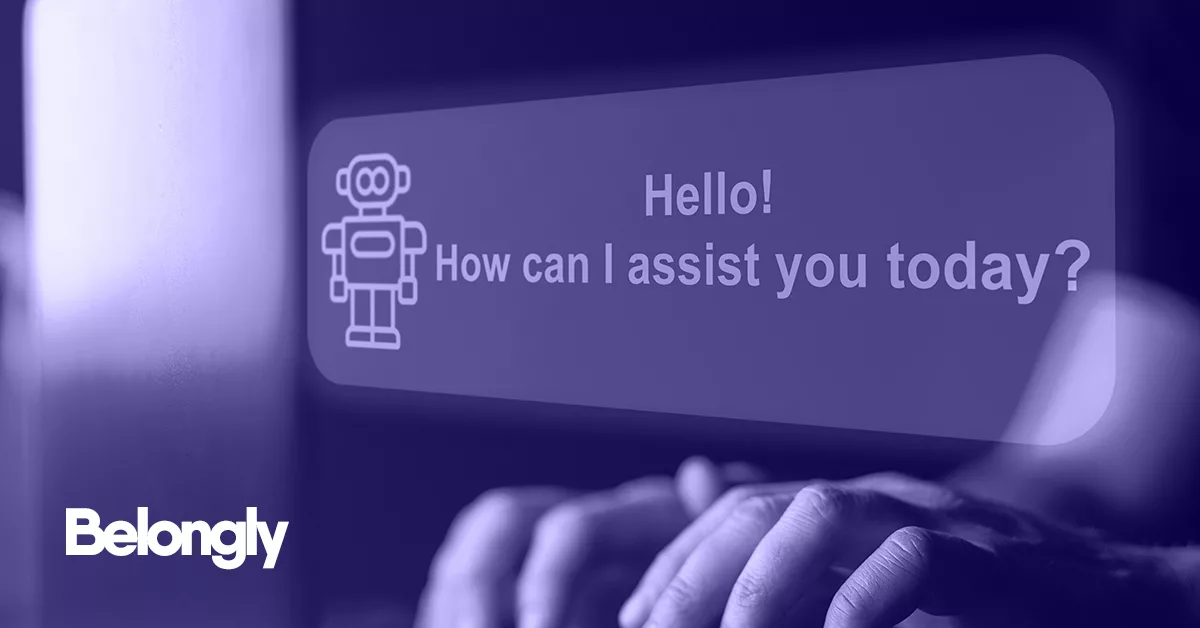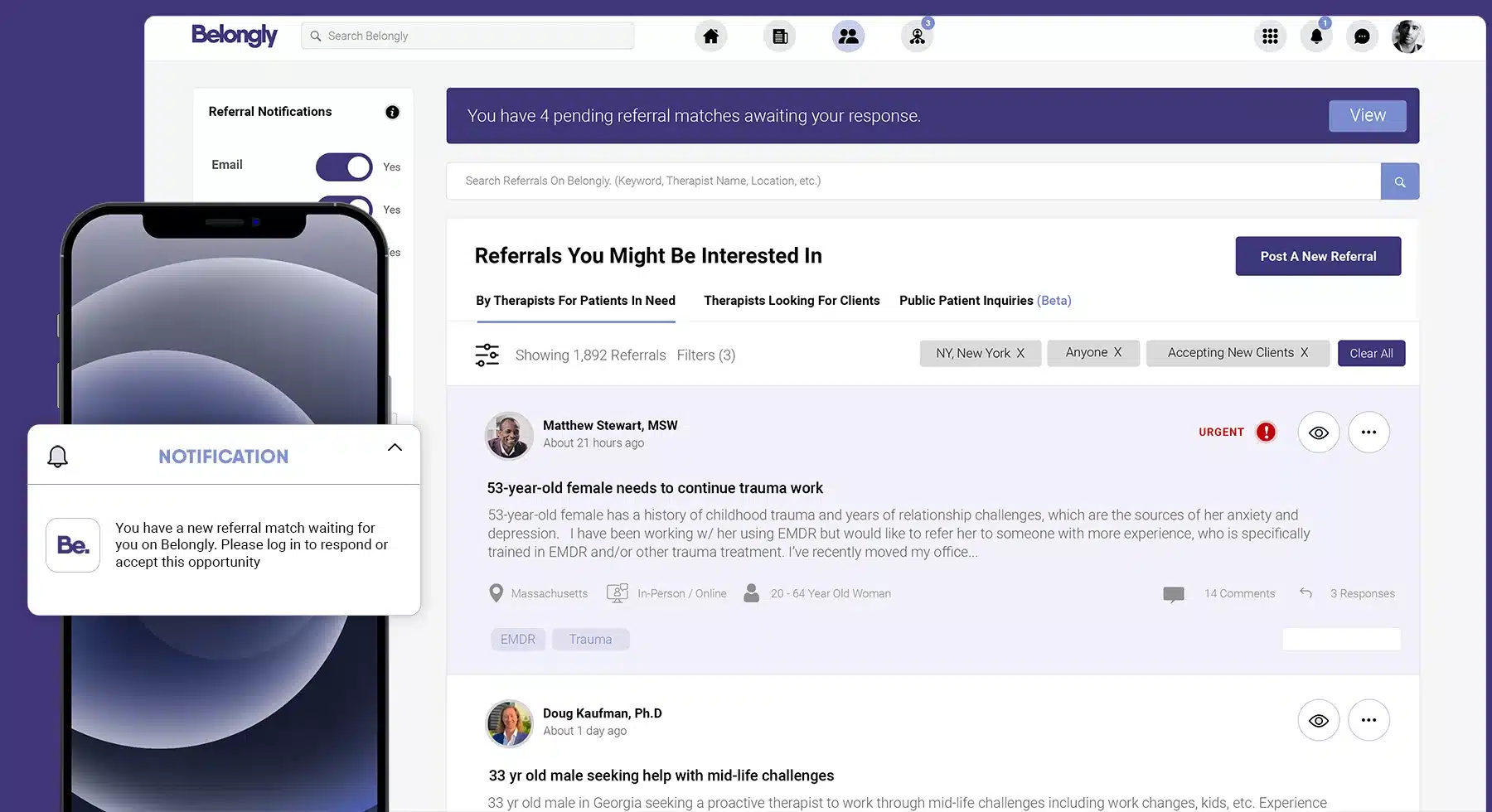The use of AI in mental health care has inspired its share of controversy, but if you refuse to use anything bot-related, you may be missing out on valuable tools for your practice. Among other things, bots can help streamline scheduling, improve client engagement, and increase the efficiency of administrative tasks.
Worried about sacrificing the human touch in the interest of convenience? Rest assured that there are ways to integrate AI that preserve humanity, prioritizing the client experience while saving you time and energy.
How do you decide which AI tools are right for your practice? Here’s an overview of how you can put bots to work for you and your clients:
Client-engagement tools for therapists:
Increasing client engagement can improve client satisfaction, aid in client retention, and improve treatment outcomes. Here are some ways that AI can help your clients stay connected to you and your practice:
Chatbots provide immediate responses to customer inquiries and answer frequently asked questions. Tools like ai use recordings of your voice to translate text to voice so prospective clients can hear from you even when you are not available to speak to them directly.
Content-generating tools like ChatGPT create outlines and rough drafts of blog posts, newsletters, and practice updates so your clients can engage with your practice between sessions.
Self-help tools such as Therachat enable you to create customized homework assignments, send and receive secure messages, and track client progress. You can even export data to your existing EHR.
Reminder services like Reminder Call send automated texts or voice messages reminding your clients of appointments, reducing no-show rates.
Time-saving AI tools for therapists:
Therapists’ workloads have increased exponentially in the wake of the COVID pandemic. AI can help alleviate the administrative burden posed by paperwork, billing, and more. Here are some ways that AI can streamline your practice for greater efficiency and less overwhelm:
Documentation tools like Lyssn and Eleos record sessions with clients and then summarize them using your organization’s note template. No more backlogs of unwritten progress notes and struggling to remember client conversations! These apps can also assess treatment progress and provide feedback on how to integrate evidence-based practices, enhancing treatment outcomes.
Billing tools like Cloud Astra verify insurance benefits, optimize claim coding, and identify filing errors to reduce claim denials.
Marketing tools like Hootsuite enable you to plan and schedule social media posts, while Canva assists in the creation of eye-catching graphics, advertisements, and charts. ai generates SEO content for blog posts, Facebook ads, captions, and web pages.
Scheduling tools like Calendly allow for online scheduling and appointment management.
If at this point, your inner technophobe is panicking, take a deep breath! Integrating AI with your practice isn’t as complicated as it may seem. For example, you can set up a Calendly account in a few short steps, as outlined here.
If you are still feeling overwhelmed, connect with a tech-savvy colleague. Start a discussion about AI in Belongly’s online forum. With thousands of members with decades of collective expertise, Belongly can help you grow your practice, avoid burnout, and share referrals!
Questions to ask when evaluating AI options for your practice
Which AI tools are right for your practice will depend on the size of your organization, budget, and personal preferences. Here are some questions to help you evaluate AI options:
Which administrative tasks take up most of your time?
Are your patients going to be on board with learning a new way to interact with your office, or are they typically resistant to technology?
Do you have the bandwidth to monitor how well your AI is working and deal with technological snafus?
Of course, you’ll also want to make sure that the tools you employ are HIPAA-compliant and that you provide informed consent to your patients, outlining the risks and benefits. Experts also advise researching who is programming the AI so you can better judge whether it’s a good fit for your practice.
Keep Reading
Want more? Here are some other blog posts you might be interested in.










